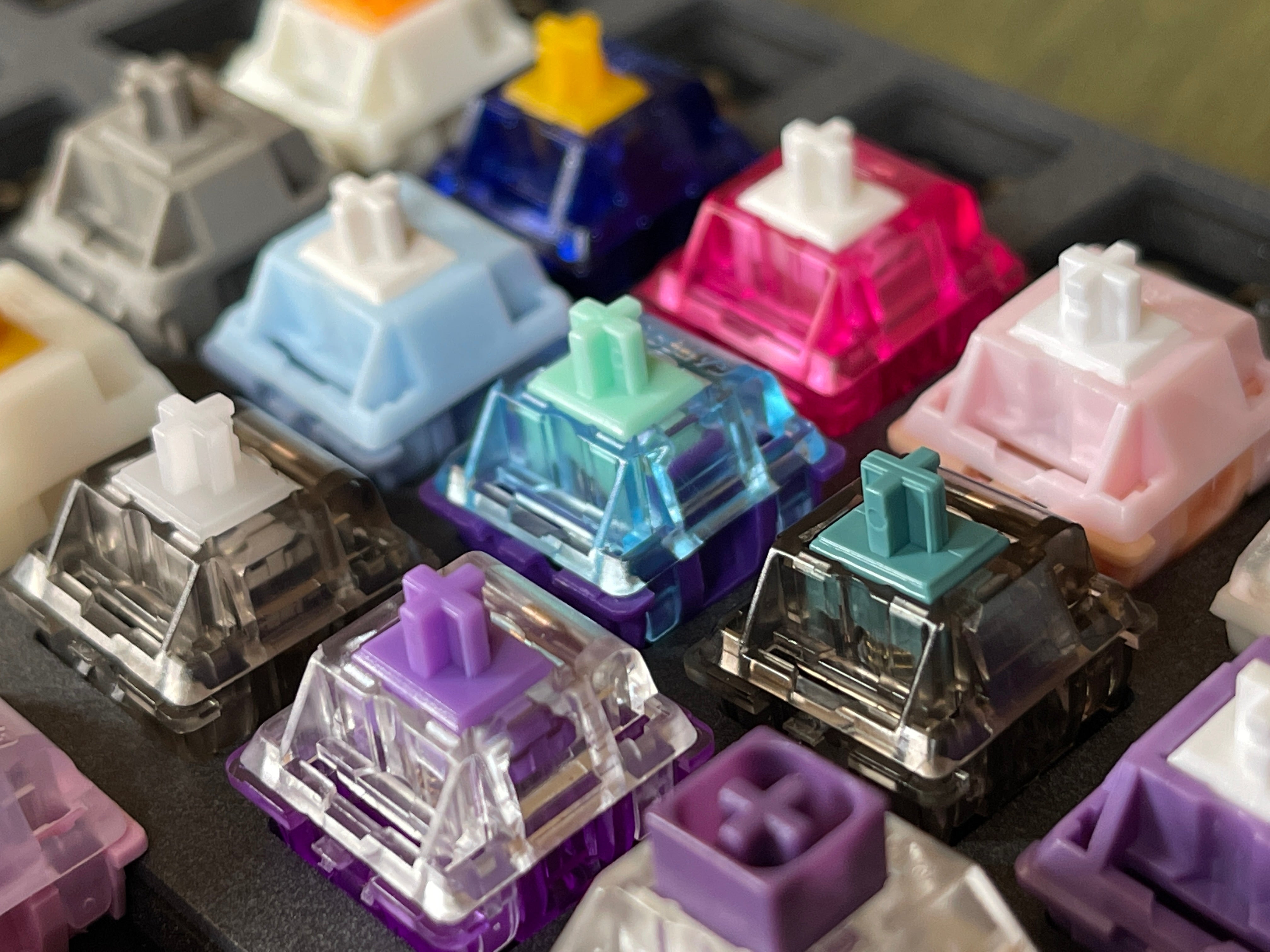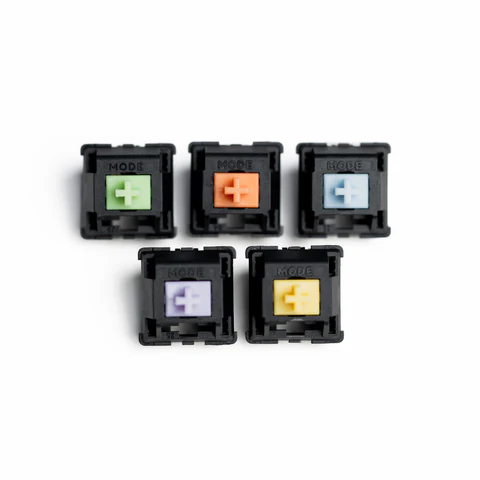Find the best tactile switches for a responsive typing experience.
Understanding the Conveniences of Tactile Switches Over for Improved User Experience
Responsive buttons are integral to modern individual interfaces, offering physical comments that improves interaction accuracy and user satisfaction. By providing a distinctive sensation upon activation, tactile buttons confirm individual inputs without the need to draw away visual interest, streamlining job execution and lowering mistake rates.
Exploring the Mechanics of Tactile Changes
To understand how tactile switches boost customer experience, it is important to dive right into their mechanics. Tactile switches run via a system that customers can feel and hear when a trick is pressed.
The building of these switches varies, but common products include steel for the calls and rubber or silicone for the tactile dome - tactile switches. These elements are engineered to stand up to numerous cycles, guaranteeing resilience and constant efficiency in time. This dependability makes tactile switches specifically preferred in settings that demand quick, precise customer input
Just How Tactile Comments Enhances Precision and Speed
Several individuals find that responsive responses from switches substantially boosts both the accuracy and rate of their interactions with tools. The distinct physical sensation supplied when a tactile switch is actuated enables customers to verify their input without requiring to verify aesthetically. This verification is essential in settings where interest is divided throughout several jobs, as it guarantees inputs are both willful and appropriate.
Moreover, the instant responses from responsive switches decreases the time taken in between activities. Individuals do not have to push secrets several times to make certain activation, causing quicker action times. This performance is specifically advantageous in high-speed keying circumstances where each nanosecond can add to overall efficiency.

In addition, the enhanced sensory experience decreases customer fatigue and boosts interaction, making interactions more user-friendly and less prone to errors - tactile switches. Therefore, tactile buttons not only enhance the performance of a device but additionally contribute to a much more rewarding user experience
The Role of Tactile Changes in Video Gaming Performance

Moreover, responsive buttons contribute to quicker reaction times. The physical sensation confirms the key press without the requirement to bad the secrets, enabling quicker inputs and a smoother gaming experience. This is especially beneficial in games that demand quick and repetitive keystrokes, where rate is typically as critical as precision.

Tactile Buttons in Expert Settings
Tactile buttons are equally transformative in expert atmospheres, where effectiveness and ergonomic design improve productivity. These buttons, typically discovered in high-precision keyboards, are valued for their receptive comments. When pressed, they provide an obvious bump midway via the keypress, confirming activation without the demand for complete travel. This feature permits experts such as typists, programmers, and information entry staffs to increase typing speed and accuracy, reducing the risk of errors and the stress linked with long term keyboard usage.
In settings like control rooms or workshops, tactile switches are integrated into her explanation equipment for their trustworthy efficiency. They use drivers the assurance required in high-stakes atmospheres, ensuring that every command or adjustment is carried out as meant. This reliability, paired with the responsive action, assists maintain high levels of concentration and functional effectiveness, important in maintaining workflow and conference specialist criteria.
Contrasting Tactile and Non-Tactile Interface
Just how do responsive customer interfaces contrast to their non-tactile equivalents? Tactile interfaces, such as those with physical buttons or distinctive surface areas, offer immediate physical feedback through touch.
The option in between responsive and non-tactile interfaces usually depends on the application's context and customer requirements. Tactile interfaces see here are vital in situations requiring operation without straight line of view, such as driving or in particular industrial settings.

Final Thought
Finally, tactile switches dramatically enhance user experiences by providing essential physical feedback. This feedback raises accuracy and rate in both video gaming and expert settings, reducing the probability of mistakes and customer tiredness. By supplying a more instinctive and pleasing interaction, tactile buttons confirm exceptional to non-tactile user interfaces, making them a recommended choice for users seeking dependability and efficiency in their interactions with innovation. Inevitably, these switches represent an essential innovation in interface style.